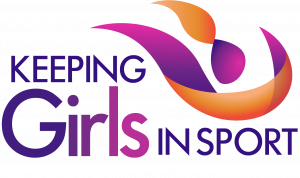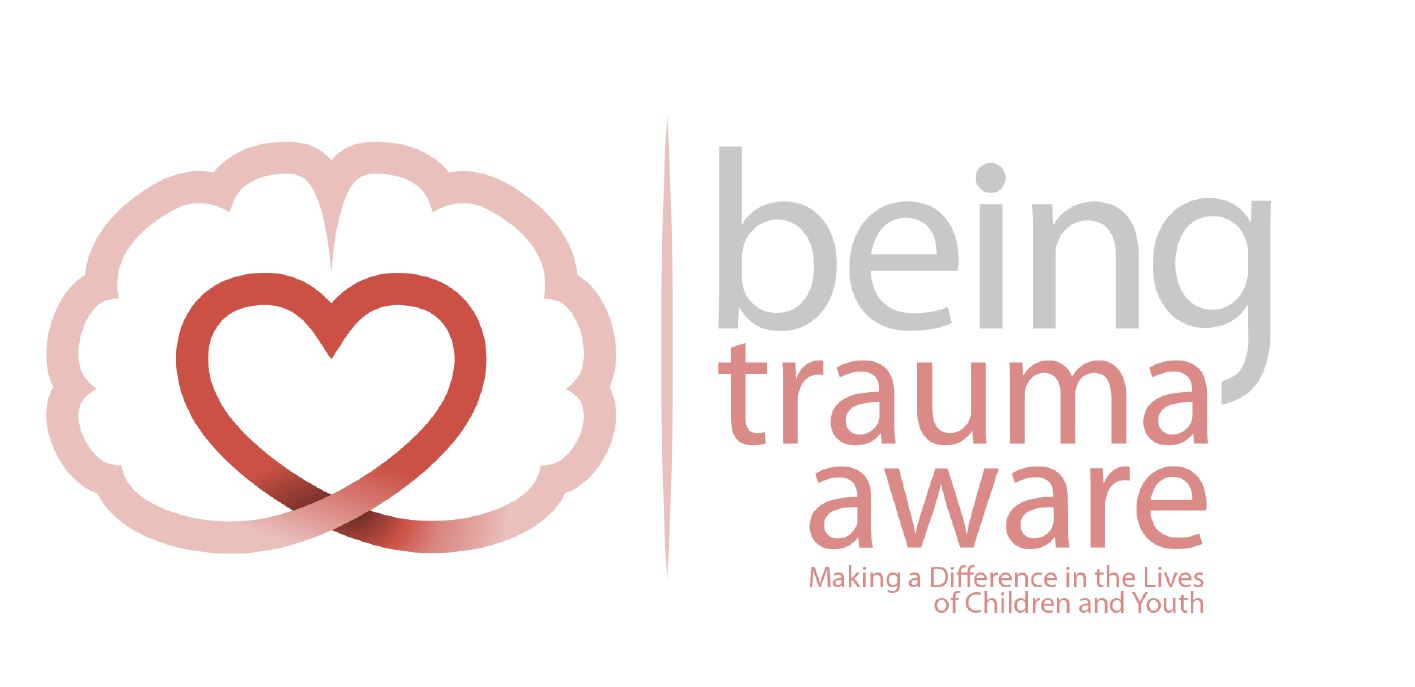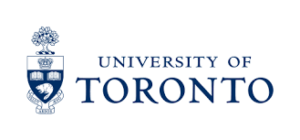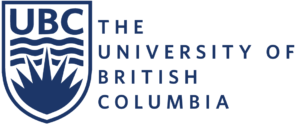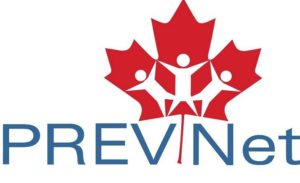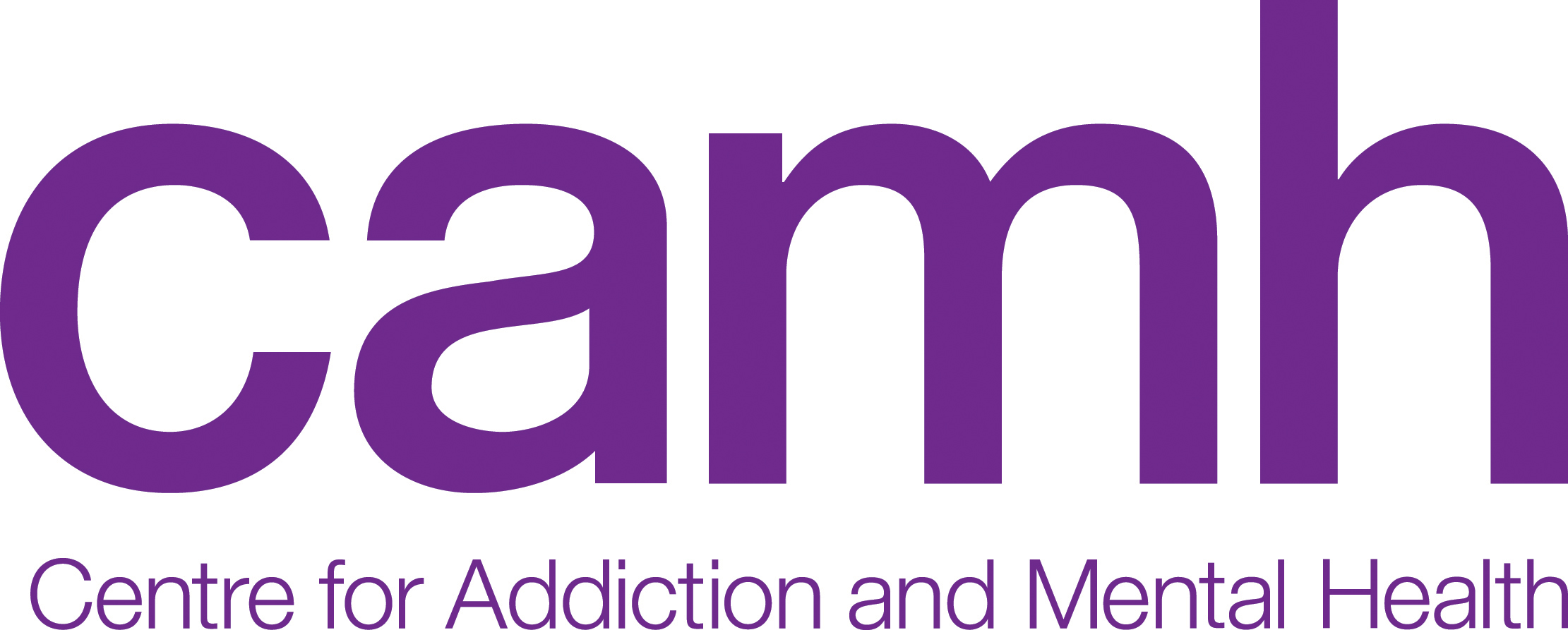
Evaluation of “Being Trauma-Aware: Making A Difference in the Lives of Children and Youth”
This research provides findings, analysis and recommendations from the evaluation of the online course, “Being Trauma-Aware: Making A Difference in the Lives of Children and Youth.”
The eight evaluation objectives were organized within four domains: knowledge, awareness, confidence and commitment; relevance to discipline and clients; cross-collaboration strategies; and, scaling and future development. To develop indicators, the evaluation approach was grounded in two models: New World Kirkpatrick’s Model and Implementation Science. A mixed-methods approach was taken, using quantitative and qualitative data, and data was collected through registration, surveys and focus groups. Findings show diversity in the sectors and professions represented. The majority of participants worked in their sector less than ten years (62%, n=375), while the remainder worked in their sector more than ten years. Most participants reported not having received previous training in trauma-awareness (70%, n=375). Among those who had not received previous training, the trend follows their time in sector: more participants reported having received training the longer they were in the sector. Participants showed high knowledge and awareness of child abuse, trauma and its effects. However, there were some knowledge gaps with respect to: what trauma means in the context of child advocacy centres; impacts of intergenerational trauma; stepping stones to being trauma-informed; and resilience. In addition, participants reported increased confidence in addressing issues of child abuse and trauma (+37%, n=375). Findings also show that the participants’ knowledge and confidence fell at the three-month follow-up, indicating the needs for ongoing reviews of course material and opportunities to discuss, reflect and act on the material. Participants understood the reach and effect of child abuse and trauma to multiple sectors, and valued collaborating across sectors. They believed that child advocacy centres model this well. Participants shared challenges and barriers to collaborating across sectors, which require organizational and systematic support. Overall, participants found the program valuable as a foundational course for multiple sectors to develop a common language about trauma and its impacts. Participants praised the design and delivery, and reported that the program reflected the diverse clientele that most organizations serve. They provided feedback for improvements to enhance learning, as well as ideas for additional training. At the three-month follow-up, it was too soon for changes in policies and procedures to have happened, and for the development of formal cross-sectoral collaborations. However, findings support the potential for an integrated and collaborative approach. The following quotes highlight the participants’ experiences with the course:
“[The] biggest takeaway for me – it has enlarged my compassion for the clients and made me think more about self-care and self-compassion.”
“People were commenting how valuable it was, people who hadn’t taken any courses or exposed to this formally.”
“The course has opened my eyes to the prevalence of trauma and its effects on society at large. Furthermore, this course has helped to better inform my practice when relating to and working with clients.”
Based on the evaluation findings, and the desire to rollout the course broadly and influence systemic change, the following 36 recommendations are made, framed by the three implementation drivers necessary for the success of an intervention (NIRN, 2014):

